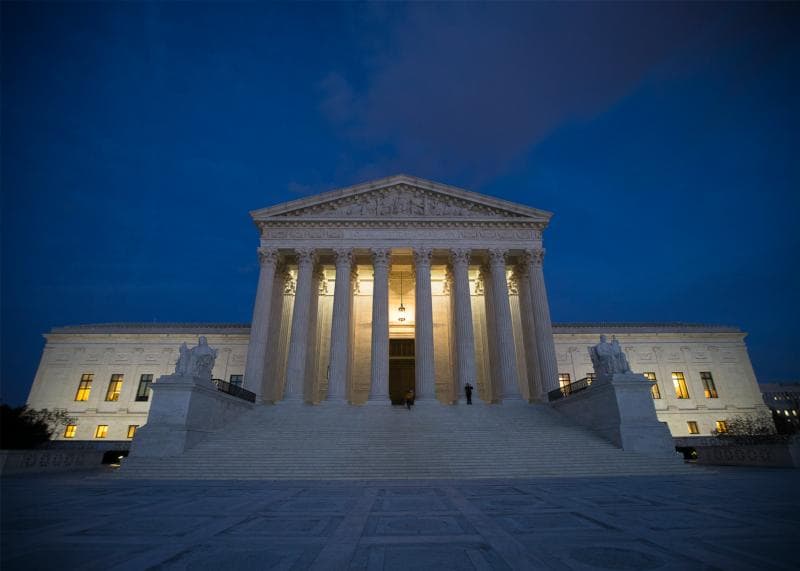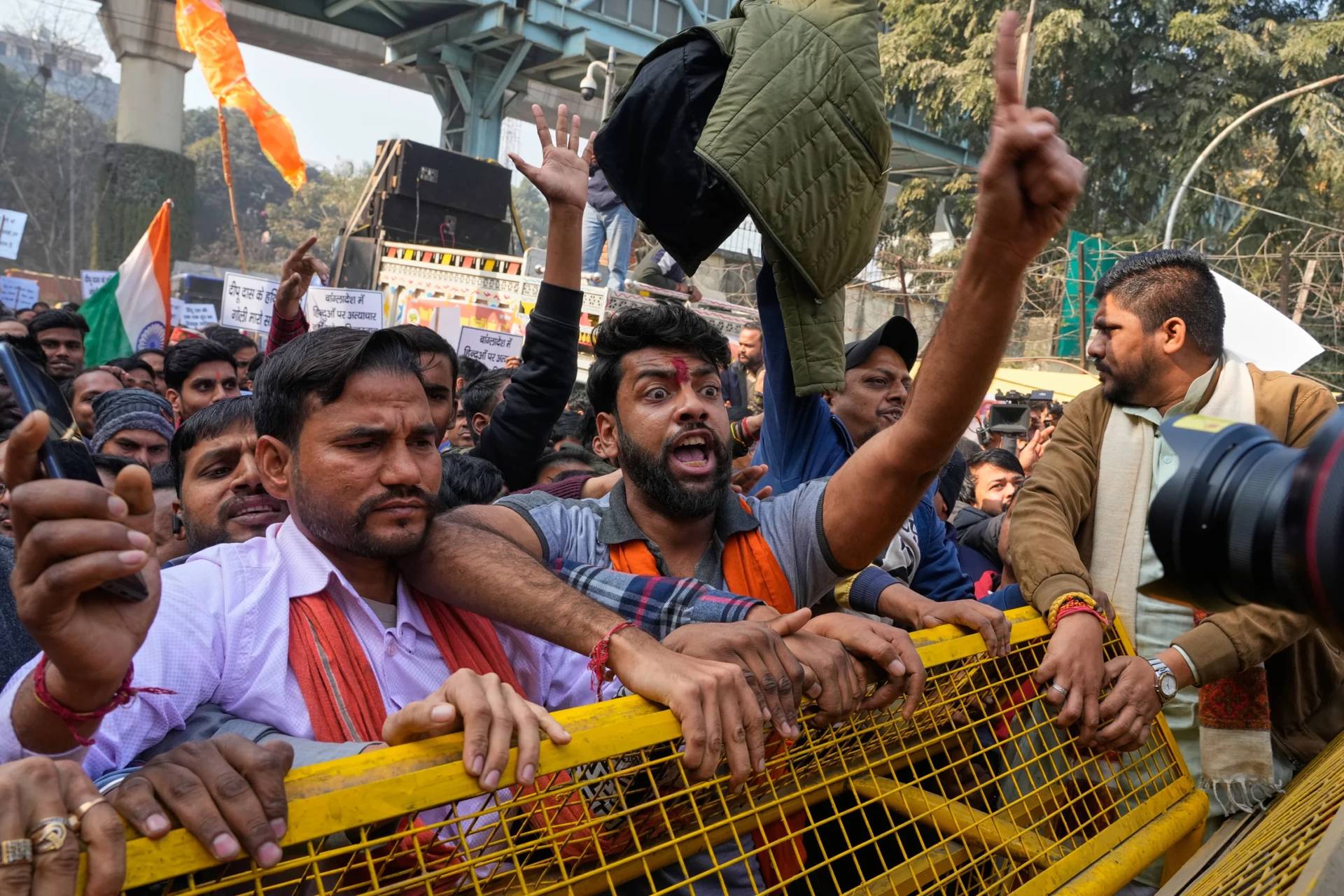WASHINGTON, D.C. — Three conservative Supreme Court justices say barring synagogues, temples, churches and mosques from programs that award money for preservation work is discrimination.
The statement from Justice Brett Kavanaugh, joined by Justices Samuel Alito and Neil Gorsuch, came as the court declined Monday to take up a case from New Jersey that raised the issue of preservation grants to religious buildings.
Kavanaugh wrote that he agreed with the court’s decision not to hear the New Jersey case, but he said that at some point the justices “will need to decide whether governments that distribute historic preservation funds may deny funds to religious organizations simply because the organizations are religious.”
“Barring religious organizations because they are religious from a general historic preservation grants program is pure discrimination against religion,” he wrote.
Kavanaugh wrote that there were two main reasons to wait on taking the issue. He said the factual details of the Morris County program “are not entirely clear.” And he said the justices should wait until more courts have had a chance to apply a 2017 Supreme Court decision involving the exclusion of a church from a state program. That decision said a Missouri church had the same right as other charitable groups to seek state money for a new playground surface and couldn’t be denied money solely because it is a religious institution.
The case the justices had been asked to hear comes from New Jersey’s Morris County. In 2002, county voters authorized the creation of a historic preservation program funded by a county property tax. Religious institutions were among those eligible for grants.
The Madison, Wisconsin-based Freedom From Religion Foundation sued, and New Jersey’s highest court ruled that the grant program violated the state’s constitution. New Jersey’s constitution says that no person should have to pay taxes “for building or repairing any church or churches, place or places of worship, or for the maintenance of any minister or ministry.”
The Supreme Court’s decision not to take the case leaves that ruling in place.
















